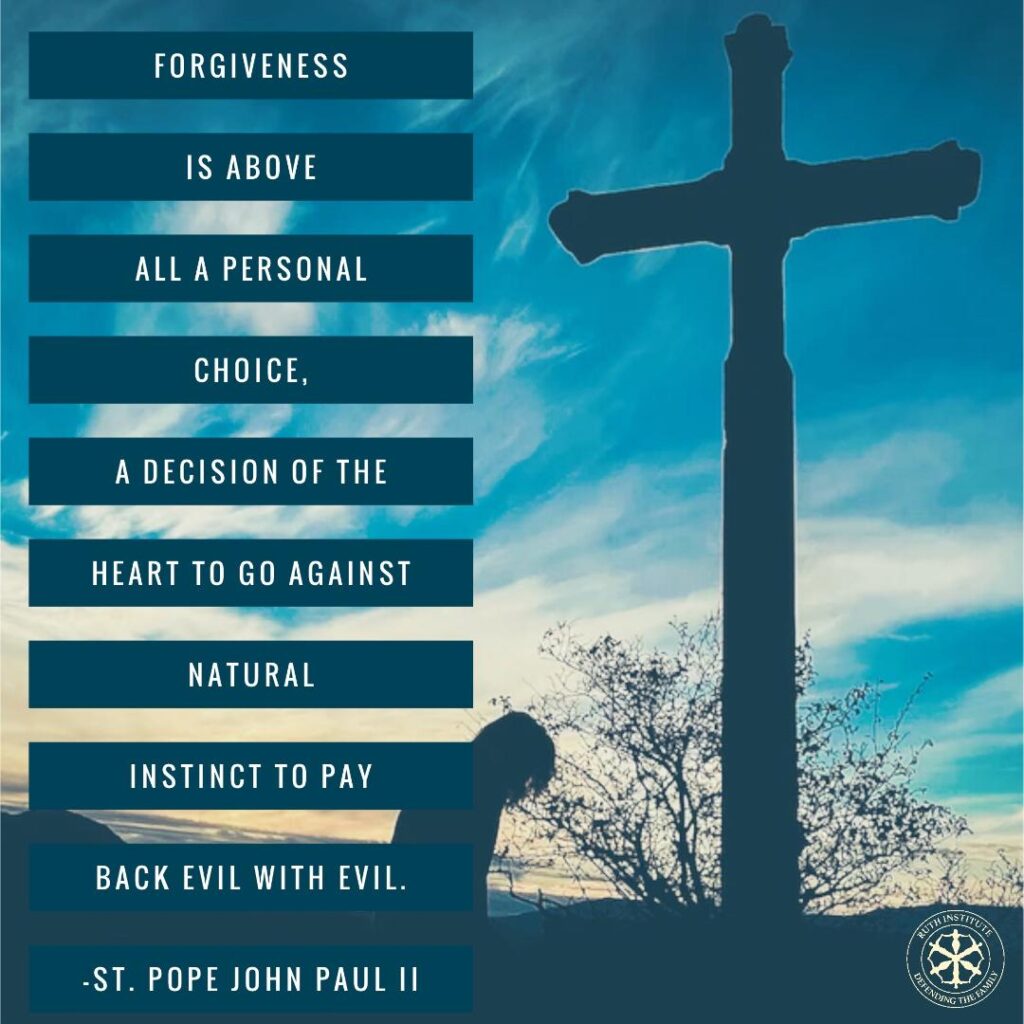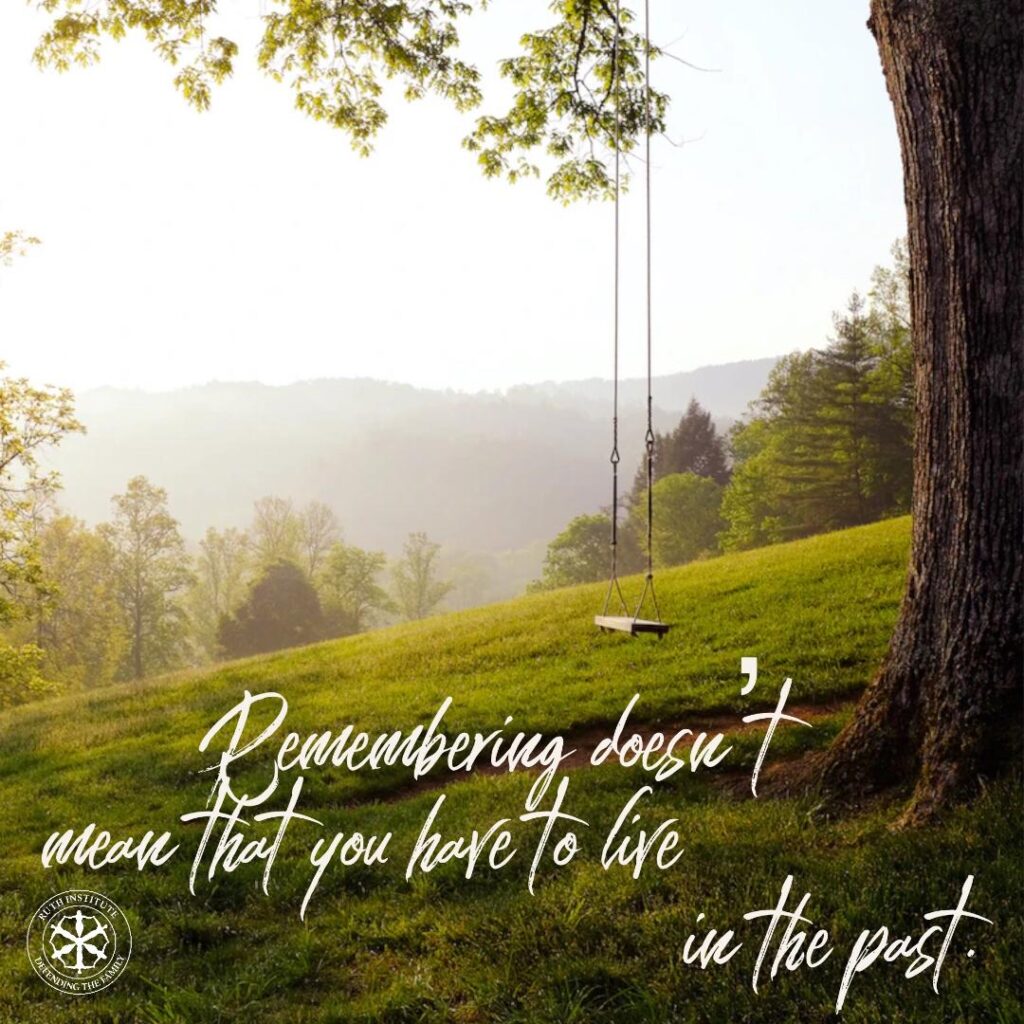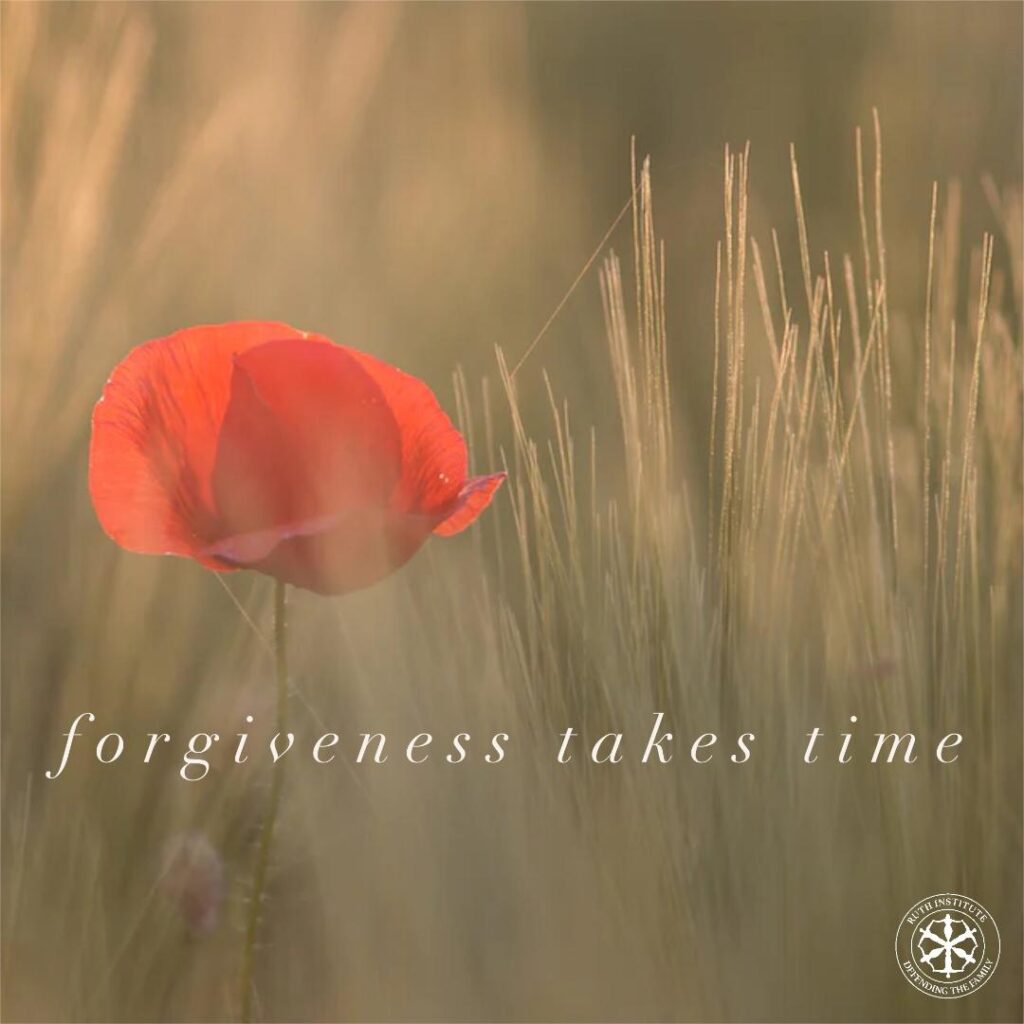Whether you are healing from sexual abuse, the death of a loved one, a medical condition, or any other difficult situation, you are bound to hear some unsolicited advice at one time or another. Sometimes, we are able to let the not-so-great advice slide. At other times, the negative advice sticks with us. I have certainly received my share of good and bad advice over the years. One of the worst and most harmful pieces of advice I have personally come across is, “Forgive and forget.” Most of us have heard this phrase at one time or another. I believe that it can be quite damaging especially to abuse survivors.
Think about those words for a moment: “Forgive and forget.” Now consider: is this advice truly good? Is it helpful? Is it healing?
I find it “interesting” that I hear this phrase most from people of faith. As a Catholic, I have lost count of the number of times I have heard it from my fellow Catholics. I have especially heard it in regard to the clerical abuse crisis.
Put yourself in a survivor’s place.
Imagine that you are a survivor of clerical abuse who has made the brave yet painful decision to come forward. You express your anger and frustration as well as your desire for justice.
How would you expect your fellow Catholics to respond? One would hope that they would respond with compassion and empathy. How do some Catholics actually respond? Assuming they even believe you, their next statement might sound something like, “I’m sorry that happened to you but you really need to forgive and forget.”
Believe it or not, survivors encounter this sort of reaction a lot. Yet is it even possible (or healthy) to “forgive and forget?”
Forgive
As Christians, we are called to forgive just as Christ forgives us. Yes, that includes survivors of even the most heinous crimes. That being said, forgiving someone who has hurt us is never easy. Forgiveness is healing for survivors and opens the door to experiencing true freedom. However, the ability to forgive doesn’t often happen in a single moment. Everyone forgives at different times as they heal. It comes with time, practice, good help, and support. It can never be forced. Human beings need to be allowed to work through all the emotions that go along with being a victim. Pushing forgiveness on a survivor right off the bat is essentially telling someone that whatever they are already doing to heal isn’t enough. This is a cruel thing to do to anyone. Gently encouraging forgiveness is one thing. It’s another thing to push it, even demand it.

Forget
Consider for a moment the adversities you have personally faced and overcome. While most of us have probably thought at one time or another, “I wish I could forget about this thing…” the reality is that, no matter what, forgetting certain events is impossible.
Even if bad memories are suppressed, they will manifest themselves in other ways. Our minds, bodies, and spirits are connected. When one part of our being is out of balance, the rest is thrown out of balance. This is why when abuse victims attempt to suppress their memories, they often experience physical, emotional, and even spiritual ailments. These victims particularly suffer with drug or alcohol addiction, eating disorders, and other issues.
While forgetting for a time (called dissociation) can serve a purpose for a time, it is very harmful in the long run. Dissociation is often seen in child abuse. It allows someone to continue on with their lives as best as they can. For example, dissociation is what allows a child to repeatedly endure abuse in the home (sometimes for years). During the year I was being sexually abused, dissociation was what allowed me to continue waking up every morning. I was able to carry on with my life in a relatively normal way. My brain was protecting itself. However, this phenomenon only lasts for so long.
Forgetting is not only impossible, it’s unhealthy.
Remembering Serves a Purpose.
Consider this: if someone hasn’t fully processed the wrong done to them, they might not be able to truly forgive. Acknowledging the wrong done is essential to real forgiveness. You need to remember in order to forgive.
Here are some other reasons to remember:
- Remembering past trauma can help us to avoid being victimized again. When we remember an abuser’s actions, we can help to protect ourselves (and others) from future abuse.
- Remembering allows us to better appreciate how far we have come on our healing journeys.
- God often allows us to use our experiences to help others. We cannot accomplish this calling if we forget.

Moving Forward
Instead of encouraging survivors to “forget,” encouraging them to move forward with the goal to forgive is perhaps better advice. Moving forward does not have to mean forgetting. Moving forward simply means 1) accepting the suffering you have endured and 2) finding the means to continue on with your life without your past experiences being constantly at the forefront. The hurt you have suffered does not have rule your life.
Here is my advice to you: don’t forget. Accept and acknowledge the pain you have suffered. Do make an effort to forgive (as many times as you need to) and focus on moving forward.

Questions for Reflection
Have you dealt with any negative past experiences that you have tried to forget about?
Has trying to forget those experiences been helpful? Why or why not?
What would you risk by facing past hurts? What would you gain by facing them? Which seems like the better/healthier choice?
Are you ready/able/willing to face your past experiences now?
How would your life change if you faced those things?
What steps can you take to face your past experiences?
How can you make God a part of your healing journey?
Think of someone who has caused you pain.
Have you been able to truly forgive them? Why or why not?
What steps can you take to help lead you to forgiveness and, ultimately, peace and freedom?
Are you ready to ask God to help you forgive?
Prayer:
Lord, help me to face whatever pain I have tried to forget. Be with me on my healing journey and help me or forgive those who have caused me harm. Please open my mind and heart to your many gifts so that one day I may experience true peace and freedom.

2 Responses